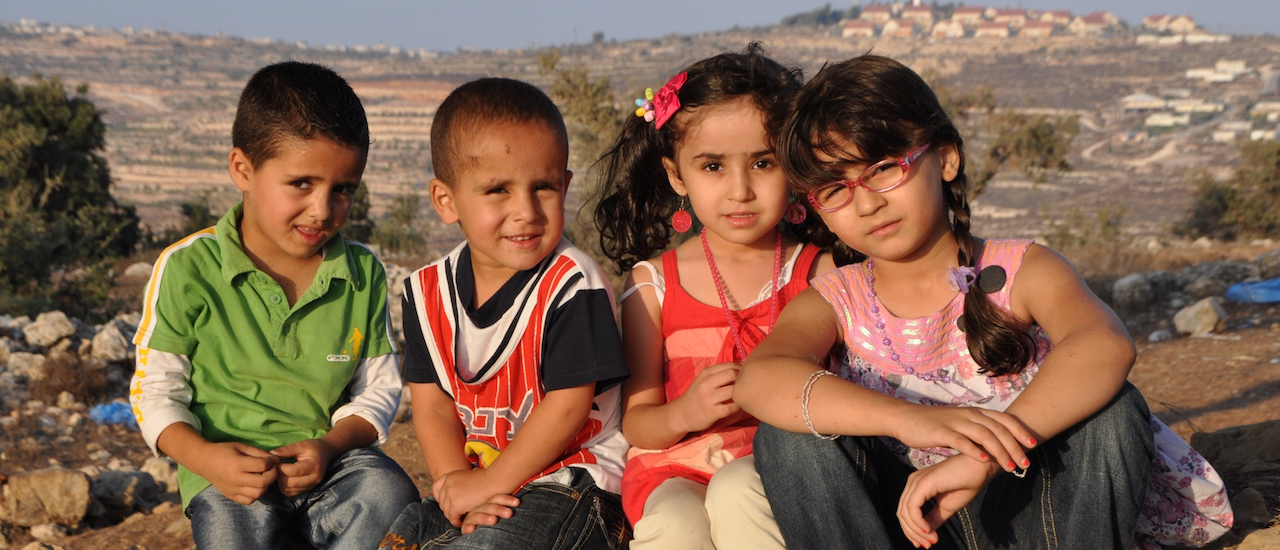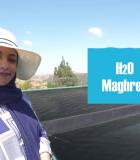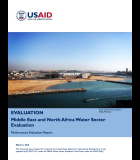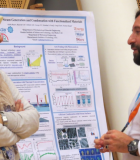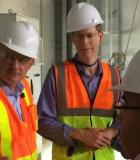There never seems to be enough water available to meet the needs of households and businesses in the southern West Bank. One of the main culprits? An aging and inefficient pipeline system that until recently lost 45 percent of its water to leaks and illegal siphoning.
Chronic water scarcity has forced considerable hardship on residents of the southern West Bank’s Hebron Governorate, home to more than 720,000 people. During recent dry spells, water typically flowed into the area only a few times each month. “I used to worry about the lack of water every day,” remembers Amal Al-Baou, a 55-year-old resident of Halhul in the southern West Bank.
That has all started to change, thanks to the recent opening of a major new USAID-funded water pipeline. A $16.5 million collaborative effort between USAID West Bank/Gaza and the Palestinian Water Authority, the state-of-the-art Deir Sha’ar pipeline is today pumping new life into area homes and businesses — carrying with it the promise of a more dependable water supply for 260,000 residents of the southern West Bank.


